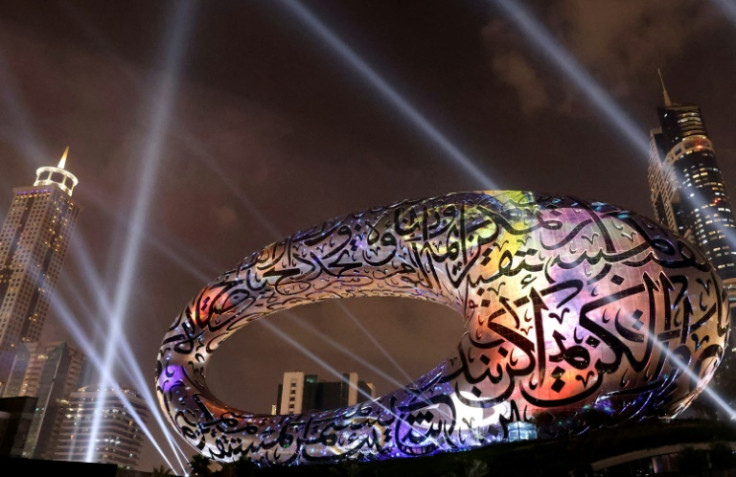Dubai's RTA Launches Smart Inspection Vehicle Trial To Enhance Rail Safety, Efficiency

Dubai's Roads and Transport Authority (RTA) launched a smart inspection vehicle trial operation, which will use advanced technology and cameras to monitor rail areas and detect violations, restricted activities and damage.
The goal of this initiative is to make daily inspections of the Dubai Metro and Tram networks more efficient using modern technology.
Abdulrahman Al Janahi, Director of Rail Right of Way at RTA's Rail Agency, said the smart inspection vehicle project is being launched with the help of the Smart Services Department. He noted that this initiative is an important step in protecting Dubai's rail infrastructure.
"This technology will not only improve the efficiency of our inspections but also help us to quickly identify and address any issues, ensuring the safety and reliability of our rail services. The smart inspection vehicle uses artificial intelligence to keep up with rail network advancements," Al Janahi said, according to WAM.
"This project underscores RTA's commitment to leveraging smart solutions to enhance operational efficiency and infrastructure safety. The use of smart inspection vehicles is expected to significantly improve the effectiveness of rail inspections, ensuring comprehensive coverage and timely reporting of any anomalies," he added.
The initiative aims to cover all inspection areas, speed up report preparation and ensure reliable results. It also wants to reduce human errors in inspections and help make better decisions.
Earlier this month, RTA inaugurated a pilot program using an AI-equipped vehicle to detect road damage and check traffic diversions.
This move highlights RTA's dedication to using the latest digital and AI technologies to improve road quality and traffic safety in the emirate, supporting the vision of becoming the World Leader in Seamless and Sustainable Mobility.
Hussain Al Banna, CEO of the Traffic and Roads Agency, explained at that time reports generated on road damage were over 85% accurate, exceeding traditional methods.
It also helps verify that traffic diversions meet approved standards, ensuring smooth and safe traffic flow for drivers. The smart vehicle covers up to 30% more area and reduces inspection time by at least 70% compared to traditional inspections.
Mattar Al Tayer, Director-General and Chairman of the Board of Executive Directors of the Roads and Transport Authority (RTA), met a delegation from Ohio earlier this month to boost relations and partnership between the RTA and its American counterparts.
© Copyright 2023 IBTimes AE. All rights reserved.



















